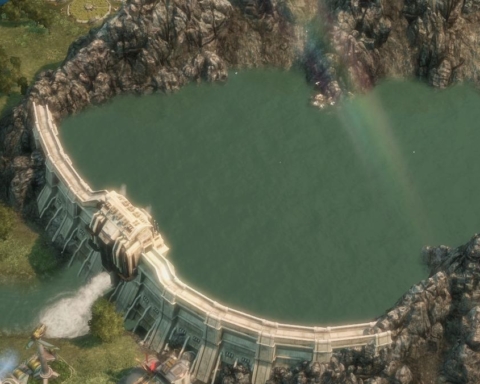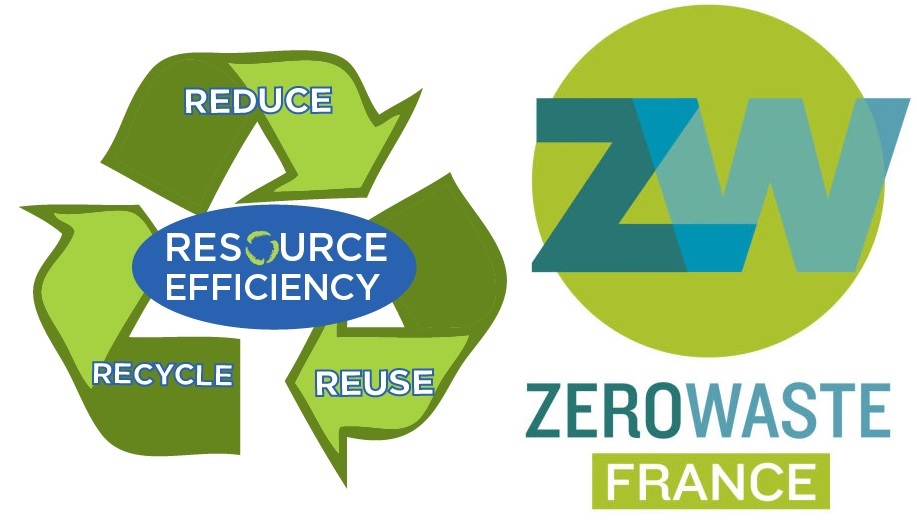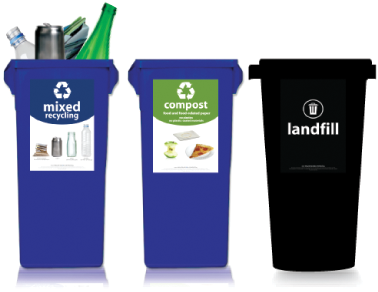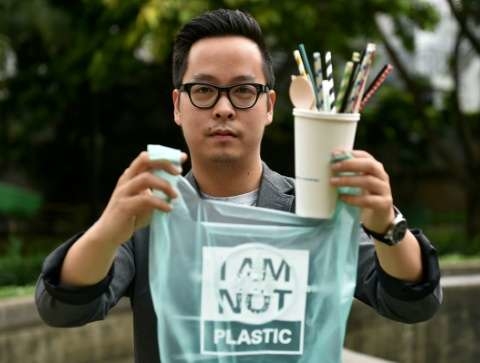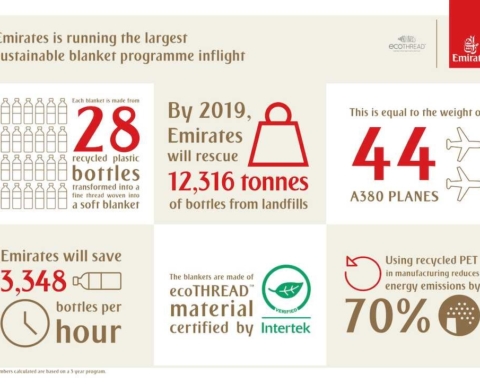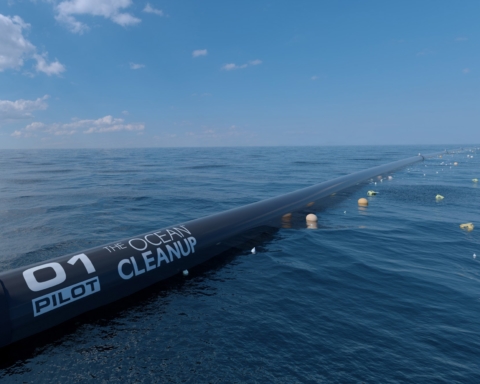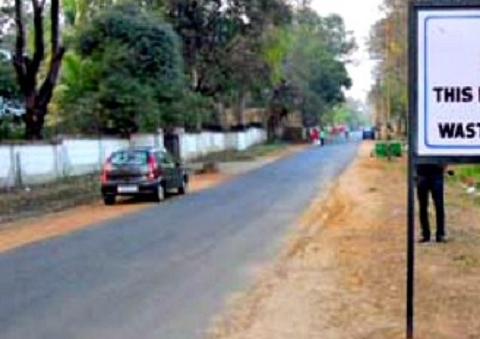When we talk about recycling, France is among the worst students on the continent. Conscious of this state of affairs, the Government has taken the necessary decisions. So recycling will grow like mushrooms after the rain in 2017.
Let’s start with a few numbers. In the 1990s, almost half of the waste was put in storage. In 2012, 345 million tons of waste were produced in France. 48 million tons of waste were sent to household and similar waste treatment facilities in 2014.
They are emblematic structures of the circular economy, which respond to the current environmental challenges.
The recycling rate of waste amounted to 60 percent in 2010, all waste combined. One third of the waste is transported to storage centers; the rest is incinerated with or without energy recovery. In 2014, 17 million tons of recycled materials were used in France, excluding wood and aggregates, while 8 million tons of waste were sent to storage facilities. The Energy Transition for Green Growth Act sets a target of 50 percent reduction in landfill by 2025.
In 2011, the packaging recycling rate is 88 percent for paper and cardboard, 23 percent for plastics and 71 percent for glass. France wants to achieve recycling of waste of 55 percent by 2020.
In order to meet these targets, several decisions have been taken by the central government and the towns have been working hard at the end of 2016 because there are 3,000 tons of waste per day. Although monitoring is already underway for seven general-purpose recycling projects, Paris remains very poorly covered, with less than one recycling plant per 300,000 inhabitants.
For 2017, the city council supports four initiatives for re-employment and circular economy with a budget of 194,000 Euros. “They are emblematic structures of the circular economy, which respond to the current environmental challenges, but also to very concrete needs to equip Parisians at a lower cost,” we can read on the site of the town hall.
The four recycleries are: La Bricolette, Du bleu dans les yeux, La Petite Rockette bicycle workshop and L’atelier vélo d’Etudes et Chantiers, under Pont d’Arcole.
Despite these four new spaces of recycling and revalorization of objects, they are largely insufficient for the French capital. Ideally, the municipality wants each borough to have its own resources. In the United Kingdom recycling rates have been stalling over the past five years.



